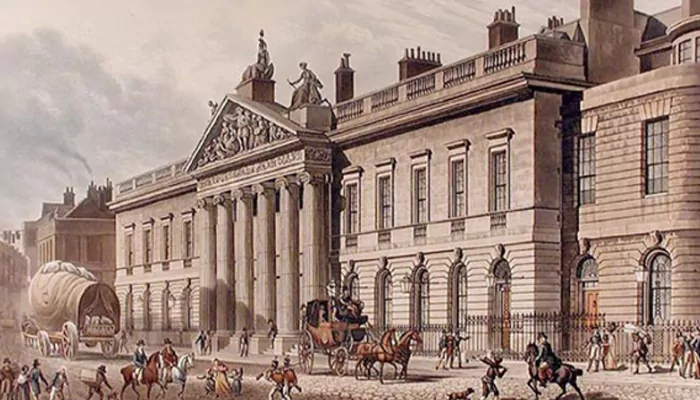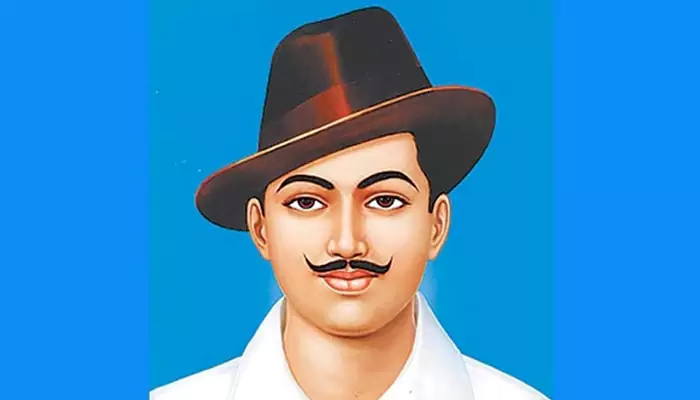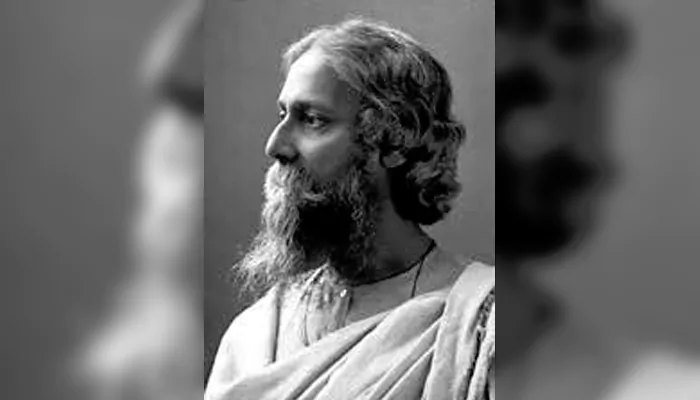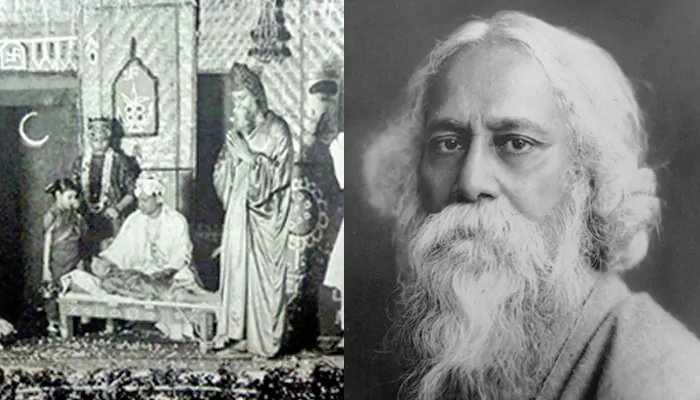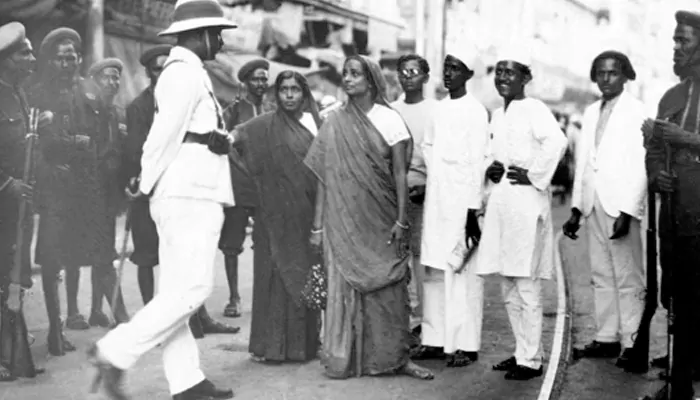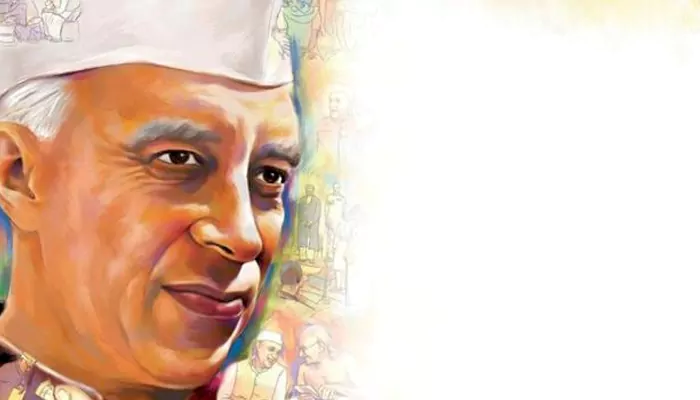Tagore’s Death Anniversary: The Poet Who Placed Humanity Above Nationalism!
- Sayan Guha
- 6 months ago
- 3 minutes read
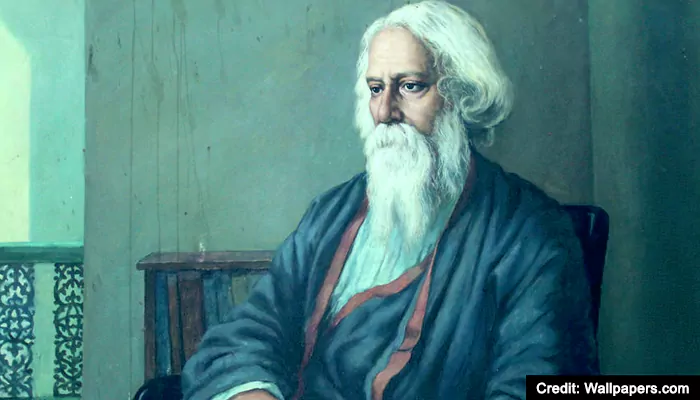
On his death anniversary, we revisit the visionary thinker who defied narrow nationalism and reshaped India’s cultural and intellectual landscape
Rabindranath Tagore, born in Calcutta (now Kolkata) on May 7, 1861, was a giant of world literature. Even 84 years after his death on August 7, 1941, his words resonate across continents, shaping ideas of liberty, education, and universal brotherhood. He was not only a poet and Nobel laureate but also a philosopher, musician, painter, and education reformer — a polymath who refused to be limited by the boundaries of any single identity.
Tagore grew up in a household that valued ideas and debate. His father, Debendranath Tagore, a Brahmo Samaj leader, fostered an environment that encouraged dissent and curiosity. By the age of eight, Tagore was already writing poetry, signalling a creative life that would forever influence Indian and global literature.
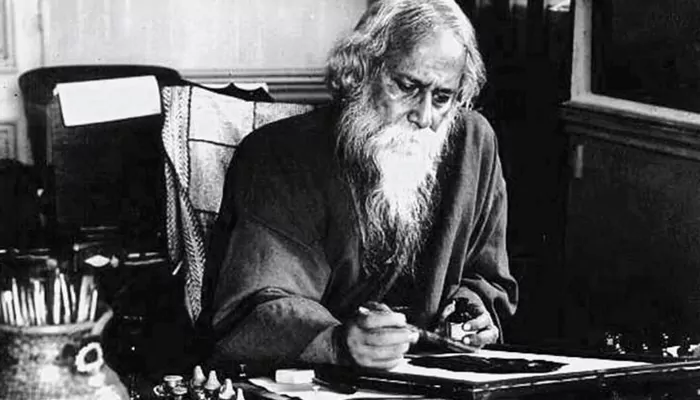
Credit: The Print
Questioning orthodoxy and redefining education
Tagore's views on education were far ahead of his time. He rejected the rigidity of rote learning, famously writing, "The highest education is that which does not merely give us information but makes our lives in harmony with all existence." This conviction led him to establish Santiniketan in 1901 — an "abode of peace" where learning was integrated with nature, the arts, and a global outlook.
The institution later evolved into Visva-Bharati University, a place where Indian and international scholars could collaborate. Tagore believed that proper education transcended national borders, a belief that still resonates in today's debates about global citizenship.
A voice for the oppressed
In 1890, when he was tasked with managing his family's estates, Tagore faced rural poverty and systemic oppression. He challenged entrenched social hierarchies, dismantled caste-based seating arrangements at gatherings, and urged landlords to empower tenant farmers (ryots) rather than exploit them. His letters and speeches from this period reflect a deep empathy for the marginalised, which infused his poetry and fiction.
Credit: Political Genesis
Nationalism versus humanity
Tagore's relationship with nationalism was intricate. He supported India's independence movement but became disillusioned when patriotism appeared exclusionary. During the 1905 Bengal Partition, he advocated for the Swadeshi campaign and wrote stirring songs like Banglar Maati Banglar Jol to unify Hindus and Muslims.
However, he later warned against unthinking nationalism, believing it could divide society. His public disagreements with Mahatma Gandhi are well documented. Tagore criticised the narrow focus of the spinning-wheel (chakra) campaign, arguing in his essay The Cult of the Chakra (1925) that genuine freedom must be based on intellectual and spiritual liberation, not just economic self-reliance.
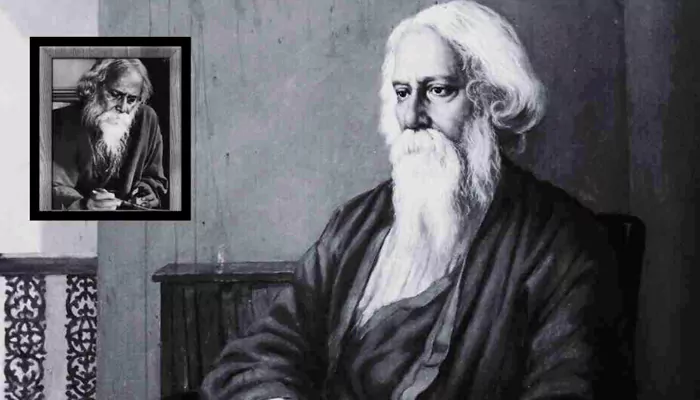
Credit: Subkuz
A literary legacy without borders
Tagore's universalist view was best reflected in his poetry. Gitanjali (1910), which earned him the Nobel Prize for Literature in 1913 — the first Asian to receive the honour — contains the immortal lines: "Where the mind is without fear and the head is held high…"
His influence went beyond India. He travelled to over 30 countries, forming friendships with figures such as Albert Einstein and W.B. Yeats, who introduced Gitanjali to Western audiences. Tagore remains the only writer to have composed national anthems for two nations — India (Jana Gana Mana) and Bangladesh (Amar Shonar Bangla).
On his death anniversary, Tagore's legacy urges us to prioritise humanity above all divisions. His life and words continue to serve as a guiding light in an era grappling with renewed questions of identity and nationalism — a reminder that true freedom resides not in flags or borders but in compassion, knowledge, and justice.

